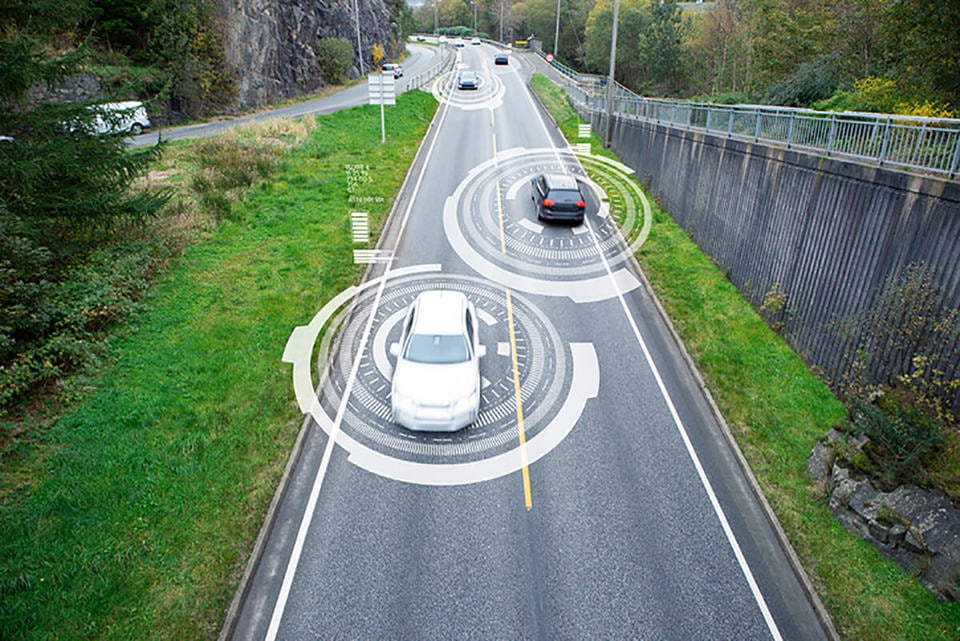Carmakers need to start building excitement around the possibilities presented by autonomous vehicles to overcome public uncertainty about entrusting their journeys to driverless cars, according to a cognitive psychologist.
Citing the example of early roller coaster rides, which appeared hair-raisingly dangerous, yet compellingly thrilling, Dr Angela Weltman said it didn’t take long for the excitement of the early adopters to transmit to a wider audience.
Weltman, who has worked with Ford and Nissan in examining underlying motivations of behaviour to inspire automotive product design, said the motor industry needs to identify easy winners among the early adopters of autonomous vehicles.
Speaking at Movin’On, a mobility conference, she said it was normal for sensational events, such as the first road traffic death caused by an autonomous vehicle, to linger long in the public consciousness.
The newsworthy shock of such incidents make them easy to recall, said Weltman, which then convinces people that such events are likely to happen more frequently.
Yet research published earlier this year indicates significant moves in public opinion in favour of autonomous cars, although 40-to-50% of people are still sceptical at best (down from two-thirds in 2017).
The challenging new technologies that succeed are those that people ‘fall in love with’, said Weltman, highlighting how the convenience and price of Uber convinced customers to overcome doubts and climb into a stranger’s car.
“OEMs need to find early adopters, whether top executives or old people or the young generation, and identify pockets where autonomous vehicles can create huge benefits,” she said. “Once the early adopters start, others will follow.”




















Login to comment
Comments
No comments have been made yet.